ORGANIC FARMING
European organic agriculture is an agricultural production method based on production principles and practices which, collectively, minimise human impact on the environment, ensuring products as natural as possible without using external chemical agents.
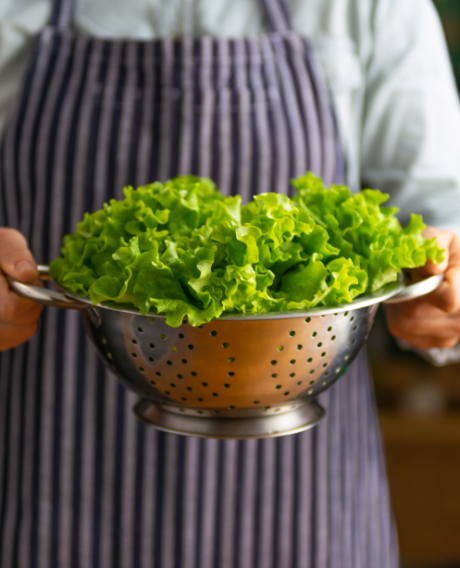
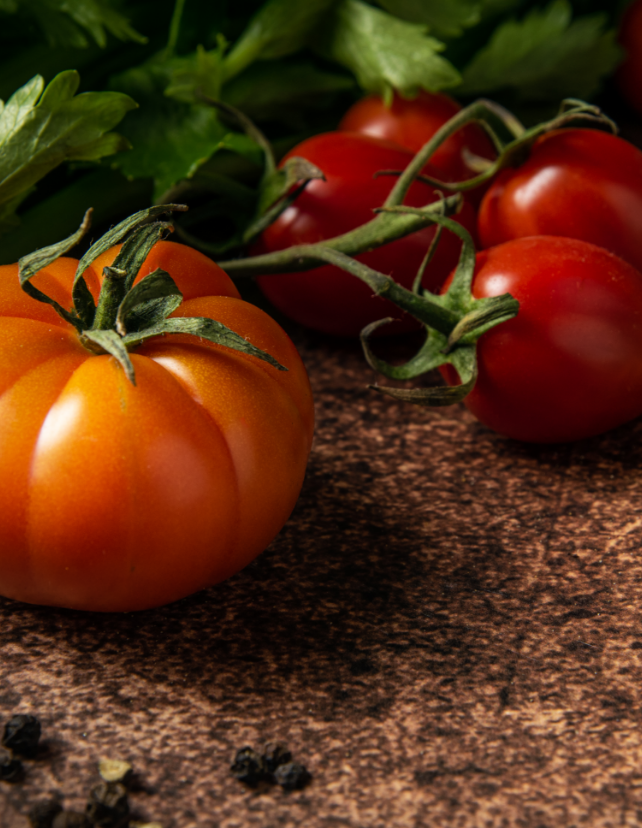
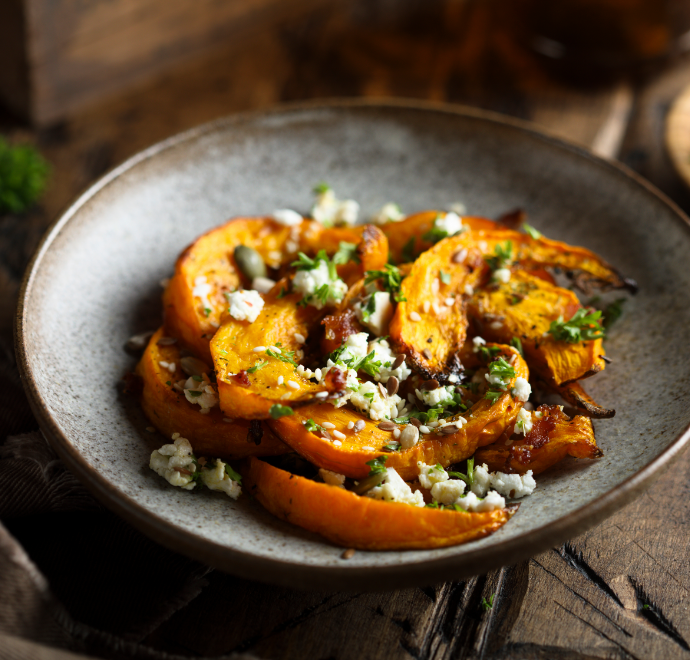
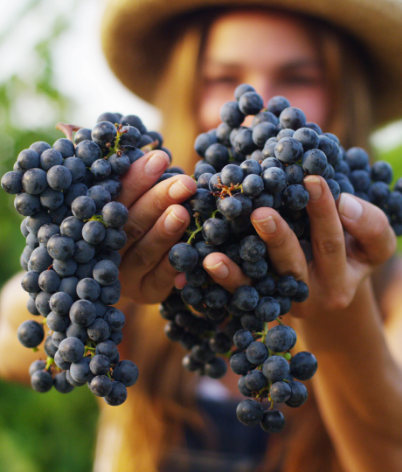

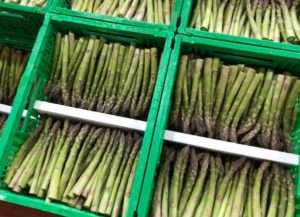
Eating healthily while respecting our planet
The principles of organic farming
Intensive crop rotation as a prerequisite for an efficient use of soil fertility.
Strict limitations to the use of synthetic chemical pesticides and synthetic fertilisers, food additives and processing aids.
Total ban on the use of genetically modified organisms.
Use of natural, animal-derived fertilisers for manuring.
Use of advanced biological pest control techniques to protect plants from pathogenic insects and fungal diseases.
Use of plant varieties that are more resistant to disease and, therefore, less subject to phytosanitary treatments.
Focus on plant biodiversity and on the cultivation of species that have adapted perfectly to the cultivation area.
A healthy lifestyle
Based on the consumption habits of European citizens, a growing focus on products of organic origin has emerged in recent years, including a growing need for well-being through nutrition. Fruit and vegetables are the primary source of essential nutrients for our health, such as vitamins, minerals, fibre, simple sugars and antioxidant phytochemical components.
A diet rich in fruit and vegetables is the foundation of the Mediterranean Diet, which is considered one of the healthiest food models in the world, as pointed out by the World Health Organization. The organic fruit and vegetable sector has its own unique benefits, in addition to the principles of organic farming, making it an all-round lifestyle.
The organic world is not only about nutrition but, above all, it is an ethical choice that protects the environment and deals with current crucial issues such as climate change, lack of energy resources and environmental pollution in a sensitive manner.
AN INFORMED CHOICE
Health, well-being, taste and environmental awareness are the requirements that consumers across Europe expect the processed fruit and vegetable supply chain to meet. The Made in Nature project ensures certified authenticity for consumers. The excellence of these products can be seen in the accurate selection of the most suitable varieties according to the area of cultivation, the processing methods that preserve the freshness of typical Mediterranean products, such as tomato puree and freshly preserved vegetables such as peas, beans, lentils and soy. These products are grown on suitable soil under the warm sun of Italy, without the use of synthetic chemical fertilisers, antiparasitics, preservatives or colourants.





